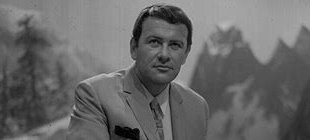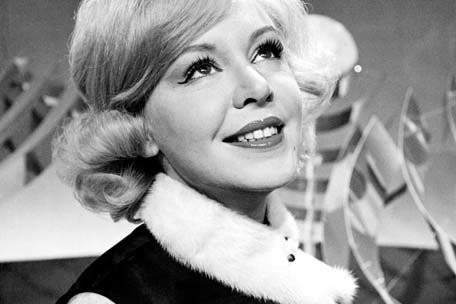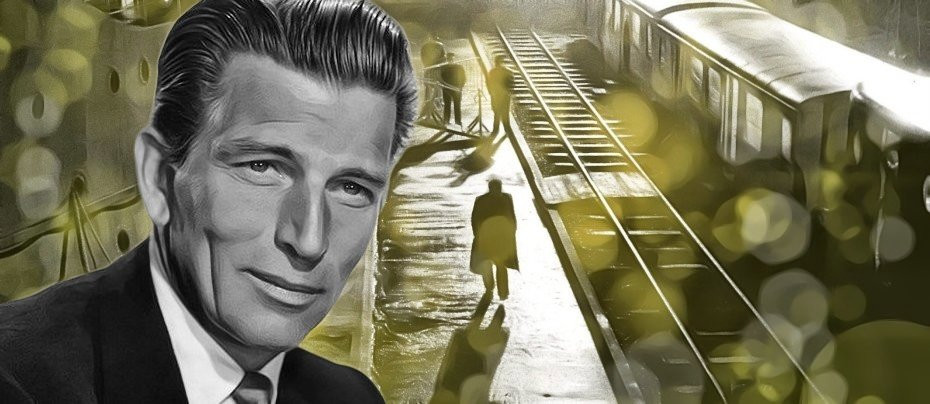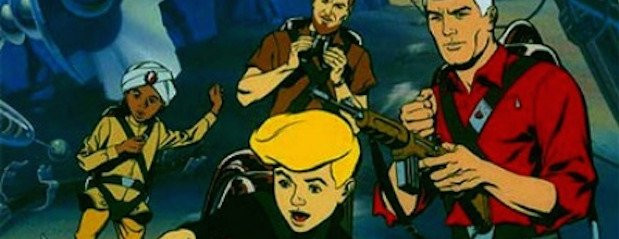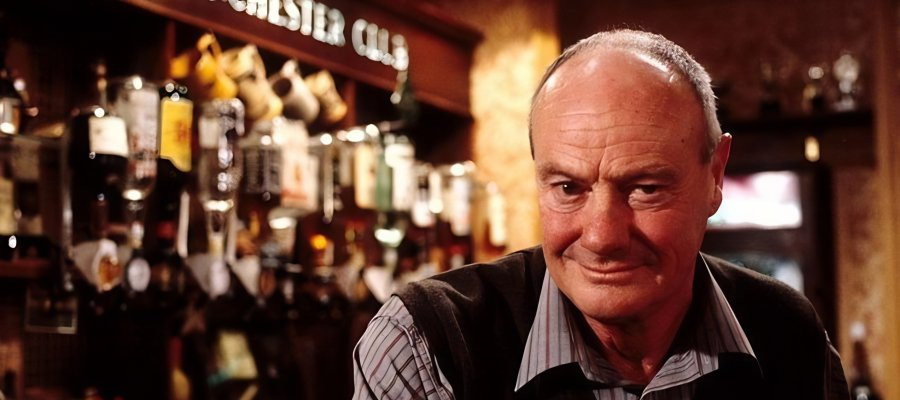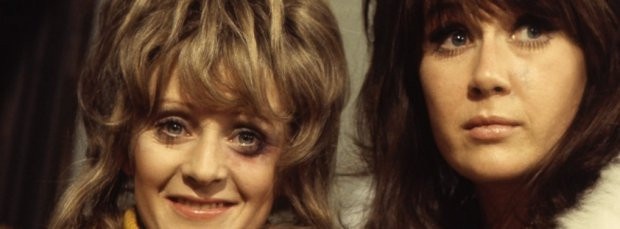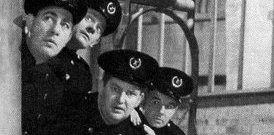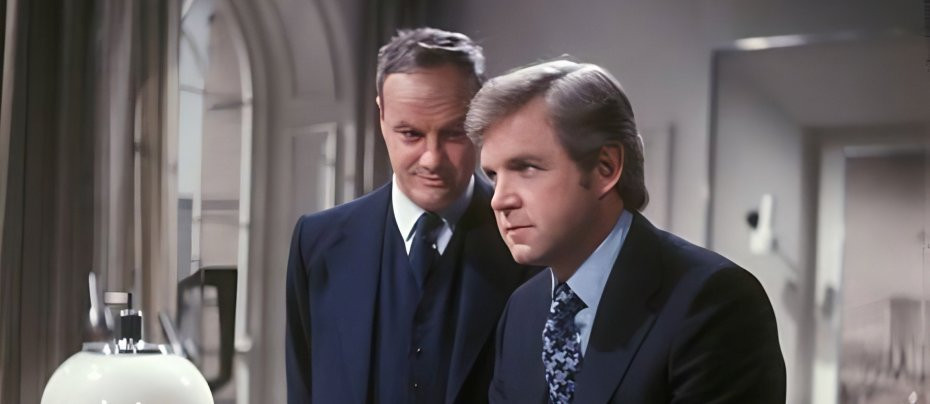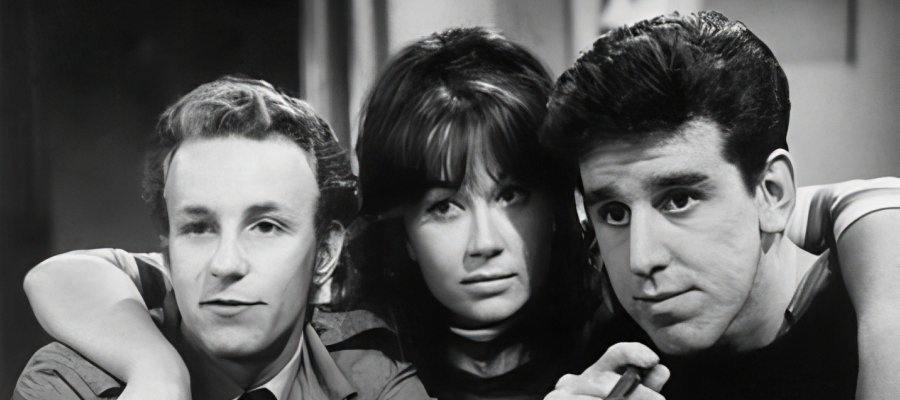
Diary of a Young Man
1964 - United Kingdom“A bold, bruising, and often brilliant experiment in British television drama”
When Diary of a Young Man first aired on the BBC in August 1964, it must have come as something of a shock to viewers more used to the polite confines of studio-bound drama. Written by Z Cars creator Troy Kennedy Martin and John McGrath—then still early in their careers but already shaping the future of British television—the six-part series follows Joe (Victor Henry) and Ginger (Richard Moore), two young men “down from the North” seeking work, love and a place to live in the vast, chaotic sprawl of London.
It is at once funny, gritty, incisive, and, at times, bitingly cynical. The pair’s misadventures in “The Smoke” unfold not as a neatly plotted story, but as a series of sharp vignettes that feel deliberately raw and unfinished—reflecting, perhaps, the uncertain, transitional spirit of the 1960s. The characters’ northern bluntness meets metropolitan indifference with both comic and tragic consequences, always undercut by the script’s sharp eye for social detail and cultural absurdity.
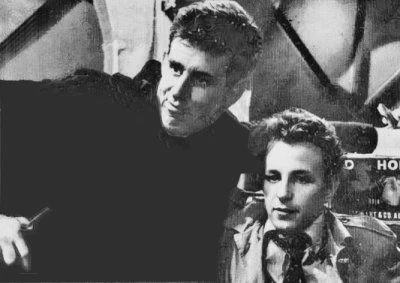
James MacTaggart’s production and the direction—shared between Ken Loach and Peter Duguid—push the boundaries of what television drama looked and felt like at the time. While much of early ’60s TV drama still resembled filmed theatre, Diary broke with convention. The use of voiceovers, montages of still images, jazz-inflected music, and free-flowing edits gave the series an experimental edge. Its ambition was clear: to take British television drama “by the scruff of its neck and deconstruct it”, in Loach’s own words.
There are early signs here of Loach’s later, more naturalistic style. Scenes shot on the streets of London give us an unvarnished, evocative view of the capital at a time of great social change. There’s a tangible sense of the “Swinging Sixties” rubbing shoulders with its much grimmer reality—particularly in sequences touching on housing shortages, a theme Loach would later explore more fully in Cathy Come Home.
What makes Diary still so arresting today is its refusal to romanticise its protagonists. Joe, in particular, is a complex figure, engaging in a series of romantic entanglements with a mixture of vulnerability and bravado. Ginger, meanwhile, acts as a kind of dryly observant counterpoint. Neither is especially heroic, nor are they villains—just young men trying, and often failing, to find a foothold in a fast-changing world.
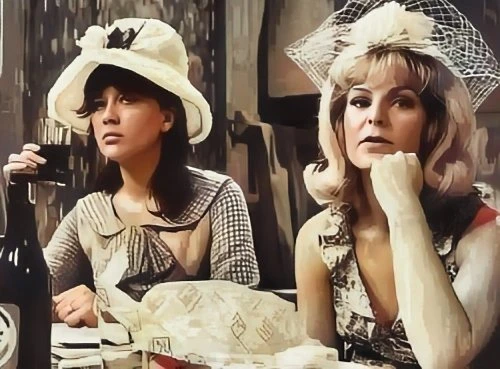
Performances are unpolished in the best sense. Victor Henry and Richard Moore bring a raw energy that complements the script’s jagged rhythms. Nerys Hughes (The Liver Birds), in her first leading role as Rose, adds a welcome emotional depth. None of the leads were well-known at the time, and that unfamiliarity allows them to inhabit their roles with authenticity.
While Diary of a Young Man may not be as widely remembered as some of the more iconic works of the 1960s, it deserves recognition as a milestone in the evolution of British television drama. Its influence lingers—not only in the careers of its key figures, all of whom went on to great success, but in the DNA of British screen storytelling itself.
In its restless ambition, stylistic boldness, and moral complexity, Diary anticipated the kinds of socially engaged drama we now take for granted. A period piece, yes—but one with a surprisingly modern pulse.
Rating: ★★★★☆
A flawed but fearless work that helped reshape the landscape of British television.
Seen this show? How do you rate it?
Seen this show? How do you rate it?
Published on June 20th, 2025. Written by Laurence Marcus for Television Heaven.


